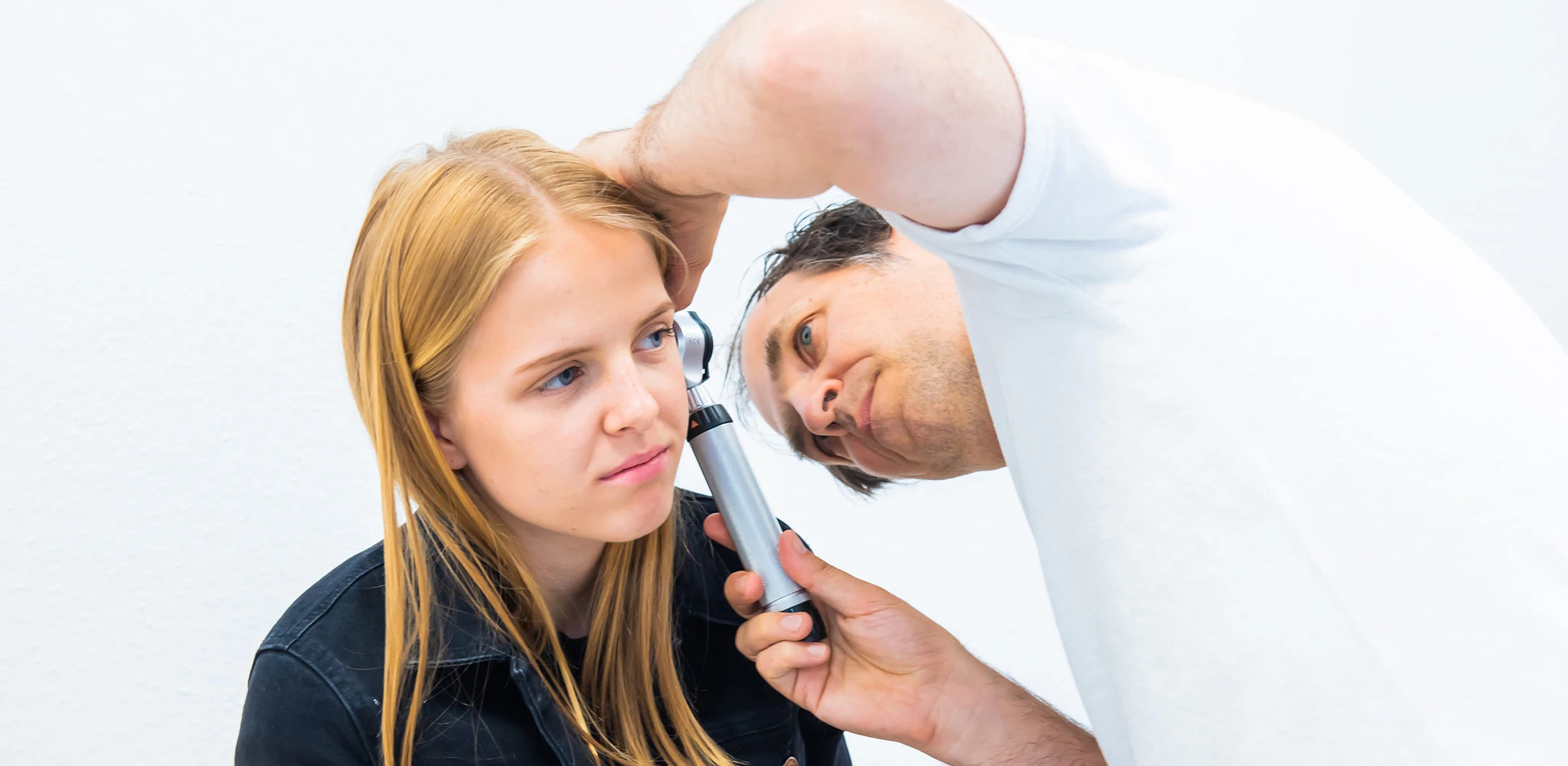Ready to start school?
Stress, excitement, anticipation, anxiety: the feelings surrounding starting school can be very different. But the time is emotional in almost every case - for children and parents. A few tips and thoughts from the doctor. His three children have already survived school, so he knows quite well what he's talking about :-).
The most important thing first: It's good for parents to realise or think about what their child's school days were like before they start school. Are there still fears? Are there any negative memories? Then it would be a good idea to try to push these aside or at least not project them onto the child. You hear this time and again in conversations, that parents transfer their own school experiences onto the child, sometimes causing unnecessary worries and fears.
It is also very important, as is so often the case in education, to tell the child that you believe that it will somehow work. In practice, we often have conversations with worried parents because the child is not doing well in Year 1, 2 or 3. And a few years later, these children come back, e.g. for the youth work safety examination, have found their way, have an apprenticeship that they enjoy or something else that they are passionate about.
So the impulse is: try to keep the ball as low as possible at the beginning. Support the child where they need help. But very importantly, homework and learning at home should be organised from the outset in such a way that it doesn't put too much strain on the parent-child relationship. And so that it doesn't take up the whole afternoon. You often get the feeling that after half a year at school, 90 per cent of conversations at home revolve around school, homework, learning and so on. Good, positive communication is in danger of falling by the wayside. And it's not worth it.
For parents of first-graders, this means: reflect, remain optimistic, support your child. And if there really are problems at some point, then of course the paediatrician will be happy to help.
Further interesting tips
Undescended testicles
Easter is over, the eggs have hopefully all been found ... and that brings us to the topic of undescended testicles. It doesn't sound very spectacular, but it's an important topic in everyday practice.
Weaknesses weaken ..
One of my favourite sentences - from which a small but effective task can be derived: sit down and write down seven things that your child is particularly good at or that you particularly like about them. And then give him positive feedback every day during the week.
Co-regulation
This time there is a combined tip: On the one hand, it is a recommendation for a website with articles on various parenting and development topics. And secondly, it's a specific reading tip on the topic of co-regulation.
